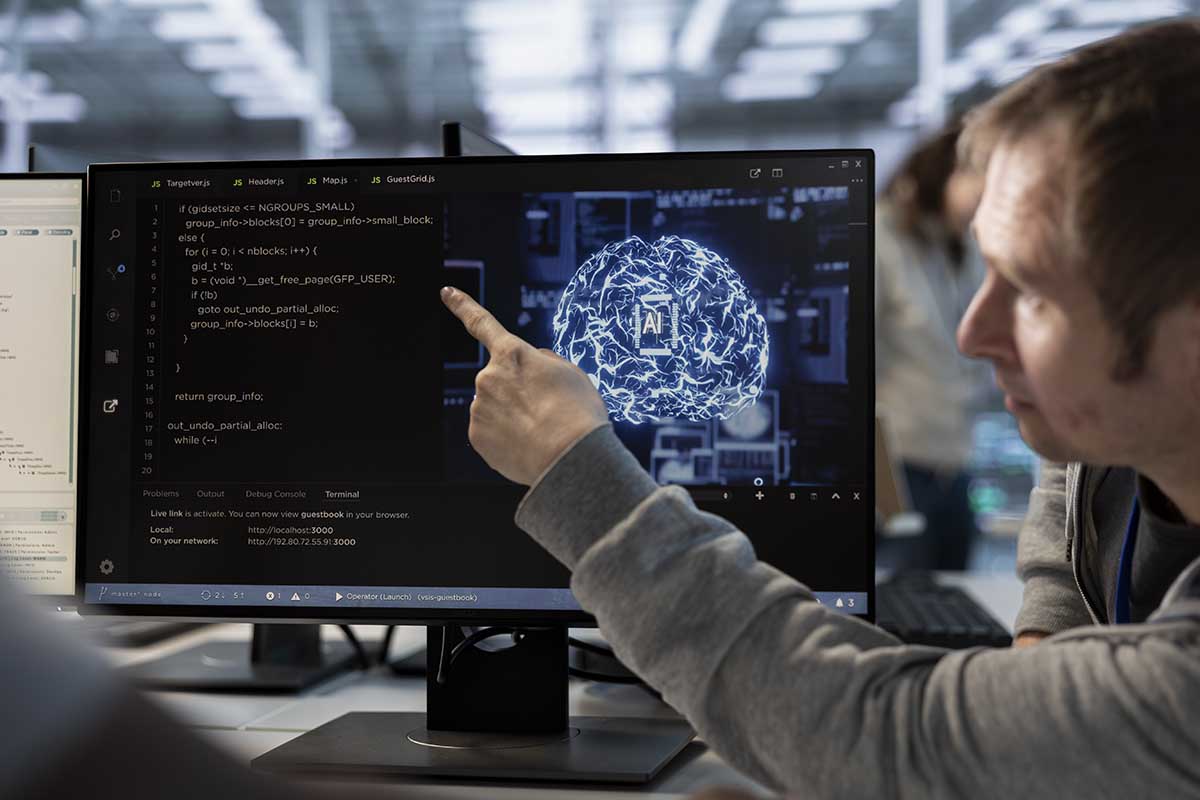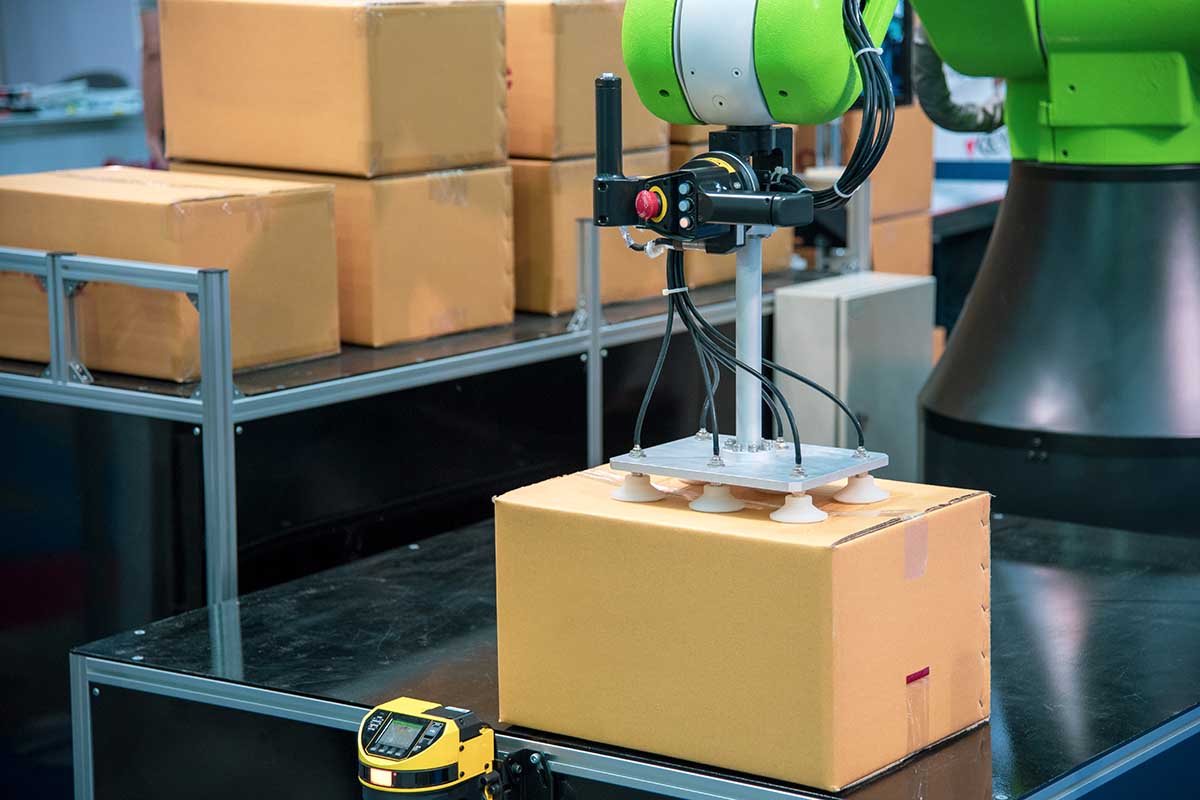Want a More Reliable Packaging Line? AI and Machine Learning Are the Answer
✨Key Points
- AI Makes Packaging Lines Smarter and More Reliable. AI-driven systems adjust in real time, detect defects instantly, and reduce waste by automatically correcting variations in product size, alignment, or labeling.
- Machine Learning Prevents Breakdowns and Cuts Downtime. ML algorithms monitor equipment health and predict maintenance needs before failures occur, saving money and keeping production running smoothly.
- AI Improves Speed, Flexibility, and Efficiency Across Product Lines. Automated packaging solutions become faster, more adaptable, and capable of handling diverse products with quick changeovers and optimized resource usage.
Automation has already transformed modern packaging lines, but artificial intelligence (AI) and machine learning (ML) are taking those advancements even further.
As production demands increase and labor challenges continue across many industries, manufacturers are looking for smarter ways to keep packaging consistent, efficient, and cost-effective.
This is where AI-driven automated packaging solutions are proving to be a game changer.
Smarter Decision-Making on the Packaging Line
Unlike traditional automation, which follows pre-programmed actions, AI-enabled packaging systems can analyze data and adjust operations in real time.
This adaptability allows machines to detect anomalies, predict potential issues, and make on-the-fly adjustments without human intervention.
For example, an automated packaging system might identify variations in product size and immediately recalibrate sealing, filling, or labeling processes to maintain accuracy and reduce waste.
Enhanced Quality Control Through Machine Vision
Machine vision is one of the most widely adopted AI applications in packaging.
Cameras and sensors capture high-resolution images of products moving along the line, while AI algorithms inspect those images for defects, alignment issues, or inconsistencies.
This type of intelligent quality control can identify problems faster and more accurately than manual inspection, helping companies prevent mislabeled items, damaged packaging, or incomplete fills from reaching customers.
Predictive Maintenance for Reduced Downtime
Downtime is a costly challenge for any production environment.
AI and machine learning help minimize it by tracking equipment performance and predicting when maintenance is needed.
Instead of waiting for a breakdown to occur, automated packaging solutions equipped with AI can monitor vibration, temperature, cycle counts, and other diagnostic data to forecast wear and tear.
This predictive approach helps teams schedule repairs before failures happen, leading to smoother operations and better overall productivity.
Improved Efficiency Through Real-Time Optimization
AI-powered systems can analyze production data in real time and automatically optimize line speed, equipment synchronization, and material usage.
Over time, machine learning algorithms become even more accurate as they process more data, creating a packaging line that continuously improves efficiency.
This type of automation is especially beneficial for high-volume facilities where small adjustments can result in significant long-term savings.
Greater Flexibility for Diverse Product Lines
As consumer demands evolve, many manufacturers need to package a wider variety of products without slowing down production.
AI-driven automation helps achieve this by enabling rapid changeovers and more adaptable workflows.
Automated packaging solutions that incorporate AI can recognize different product types, adjust settings automatically, and reduce manual reconfiguration, making it easier to accommodate short runs, seasonal variations, or customized packaging.
Data-Driven Insights for Better Decision-Making
Every automated packaging line generates valuable performance data, but AI and machine learning turn that data into actionable insights.
Manufacturers can use analytics dashboards to track trends, identify bottlenecks, and improve long-term planning.
Data-driven decisions help businesses enhance productivity, reduce operational costs, and adapt to industry shifts more quickly.
AI and machine learning are reshaping the future of automated packaging solutions by making systems more intelligent, efficient, and adaptable.
As technology continues to evolve, packaging operations that integrate advanced automation will be better positioned to maintain consistency, handle complex product demands, and stay competitive in a rapidly changing market.




















